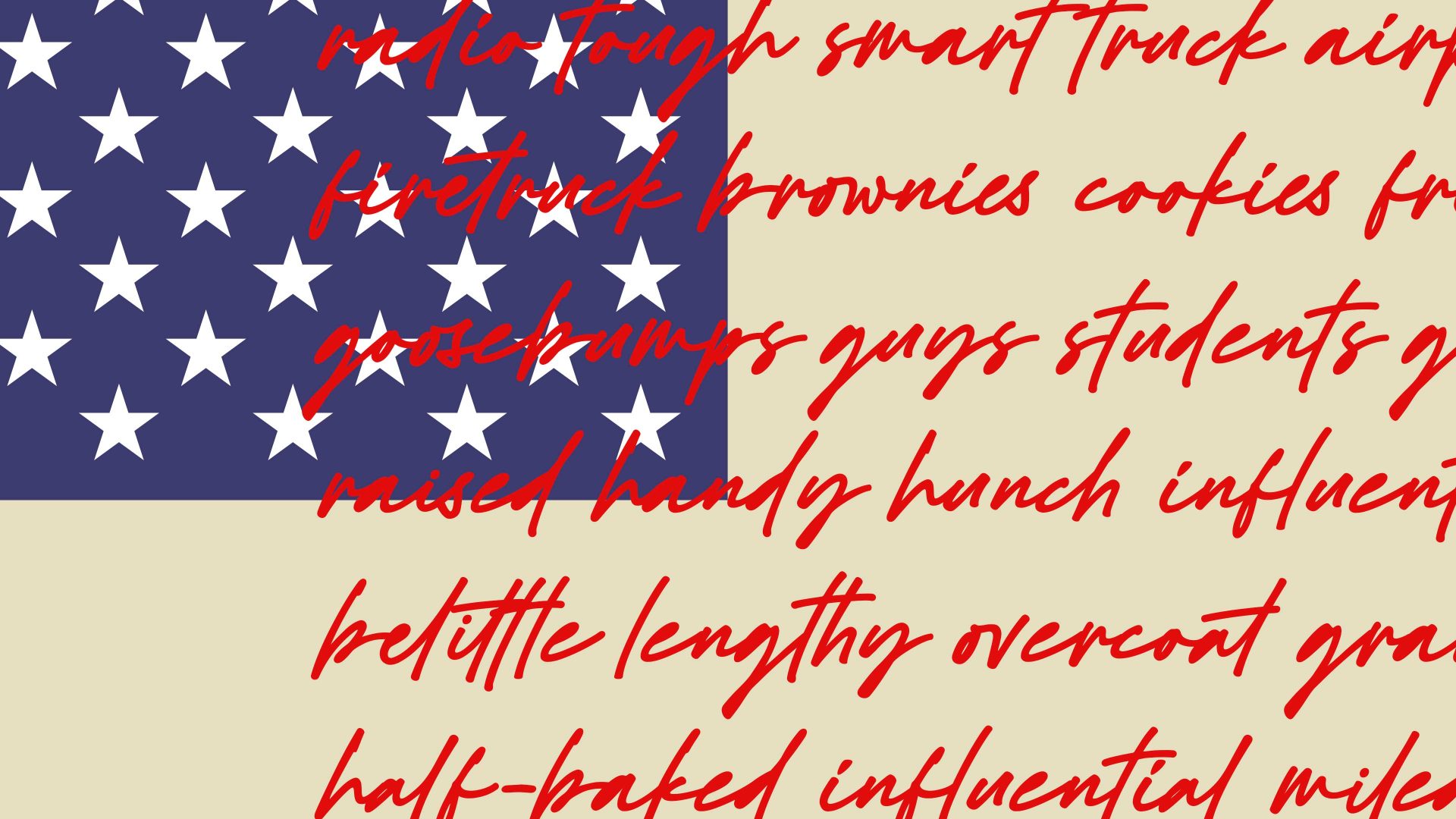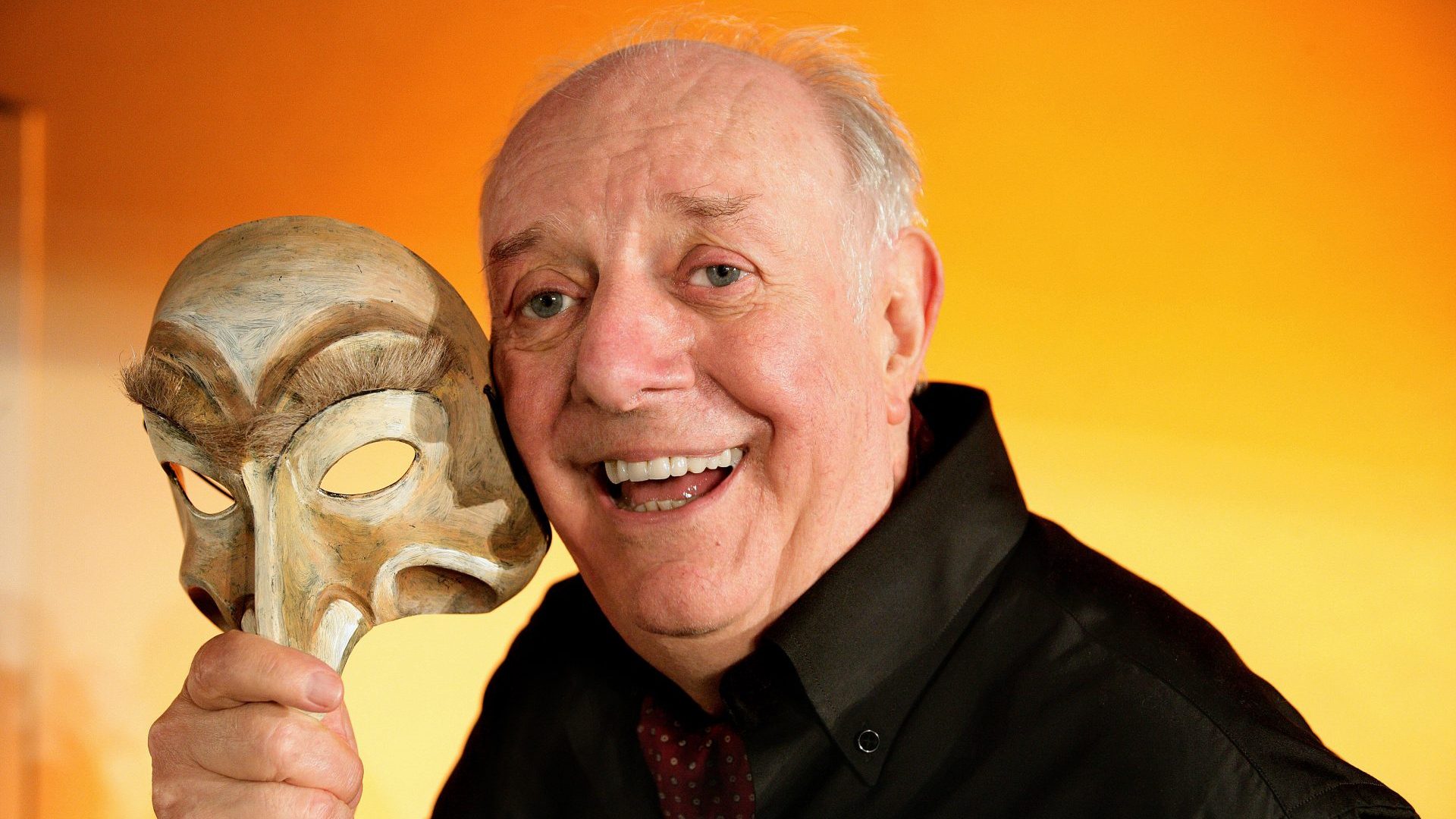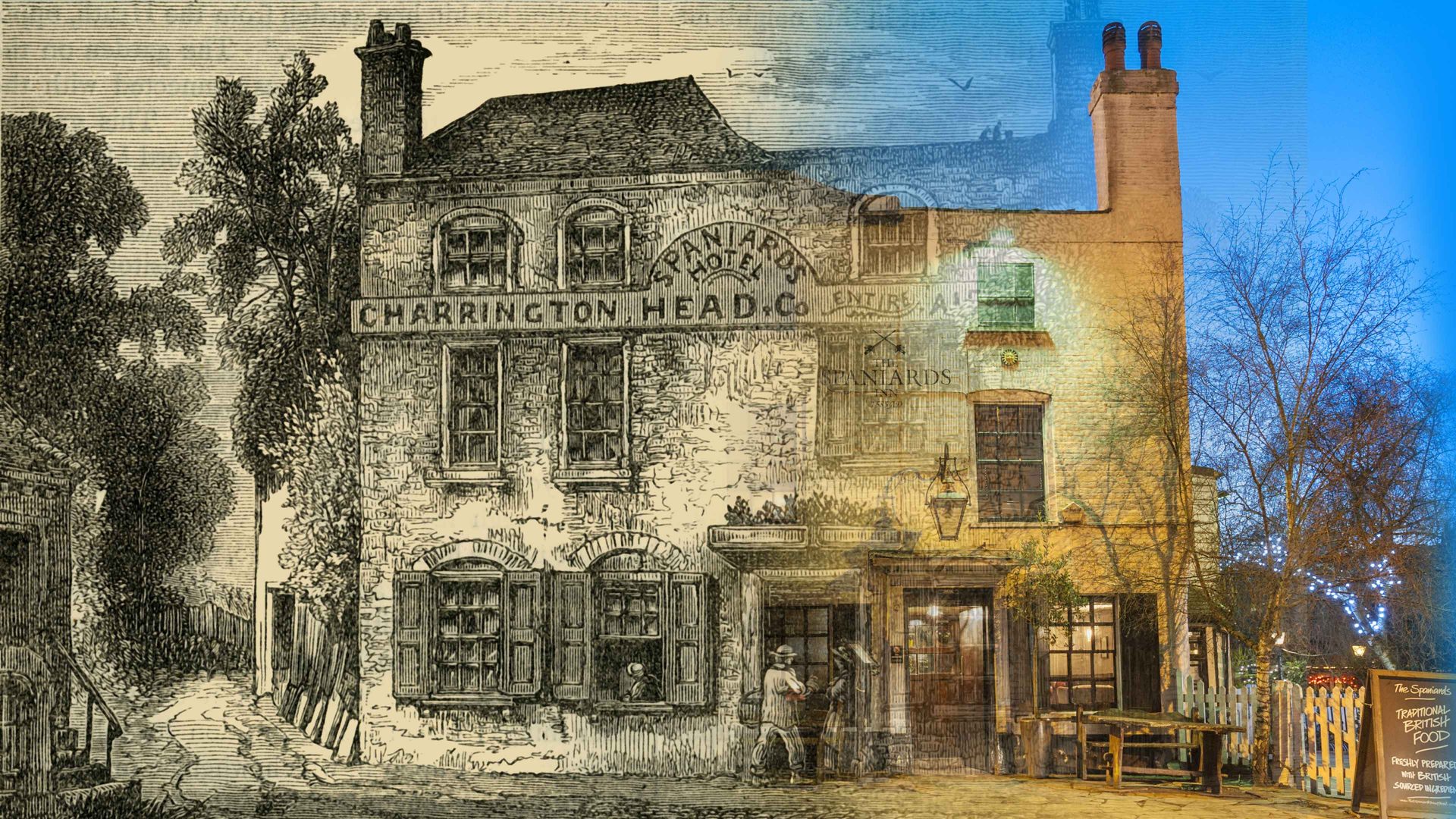As I was growing up in the 1950s, I was unaware that I was unwittingly using words that previous generations had considered to be Americanisms. What I called a battery had previously been known as an accumulator; my father had originally called his briefcase a portfolio. And I have written evidence in my teenage diaries that, without being aware of what I was doing, I stopped saying wireless and started saying radio some time after 1960.
Now I am very aware, as younger people presumably are not, that some words and phrases currently being employed by many British people were until recently employed only by Americans. Tough, for example, is now very widely used instead of hard or difficult. Children who were considered clever have in the last decade or so become smart – although our use of American dumb to mean the opposite of smart is lagging behind.
For decades, everybody in this country knew that Americans didn’t say lorry, they said truck, while nobody here ever said that; now they do. Airplane has perhaps become as common as aeroplane. Broadcast journalists now often use fire-truck when I would say fire-engine.
These days Britons eat brownies, cookies and fries. And it is very hard to buy a bun these days – what you get are muffins. Some of us don’t go to the pictures or cinema but to the movies. Quite a lot of British people experience goosebumps rather than goose flesh or goose pimples. Blokes and chaps have become guys. Schoolchildren are no longer pupils but students. And more and more, we give gifts rather than presents.
We call friends rather than ring them. Children are now often raised rather than brought up. People play on a team on the weekend rather than in a team at the weekend, and increasingly play piano rather than play the piano. And many say “June twenty-fifth” instead of “June the twenty-fifth”.
There is nothing wrong with any of this. It is a process which has been going on ever since the advent of recording and broadcasting brought the sound of spoken American English to this country. But the written word has also been very influential, going back to the 18th century: who now remembers that words like belittle, lengthy, overcoat, graveyard, half-baked, handy, hunch, influential, mileage and jeopardise were also originally American rather than British?
However, the traffic is not all one-way. There is certainly more west-east flow than vice-versa, which is hardly surprising in view of the imbalance in population size. But there are currently many Briticisms which are finding their way into American English, something which certain American commentators seem not to be very pleased about. I remember in the 1960s learning American words like campus, hooker, and sophomore through reading novels, but, ludicrously, some US publishers now “translate” British novels into American, as infamously in the case of the Harry Potter books.
You might suppose that this would mean that Americans would never learn much of our vocabulary, but actually many originally British words are making their way westwards across the Atlantic. US commentators have listed several words as recent arrivals, including adjectives such as cheeky (vs fresh or sassy), trendy, gormless, dodgy, twee, bespoke and ginger (vs redhead); and verbs such as snog, chat up, vet and go missing.
VET
“To vet” as in “to subject someone to careful examination”, as with an applicant for a sensitive military or security post, is in origin the same as vet “veterinarian”. The link lies in a comparison with the subjecting of an animal (such as a racehorse) to a careful veterinary examination.




